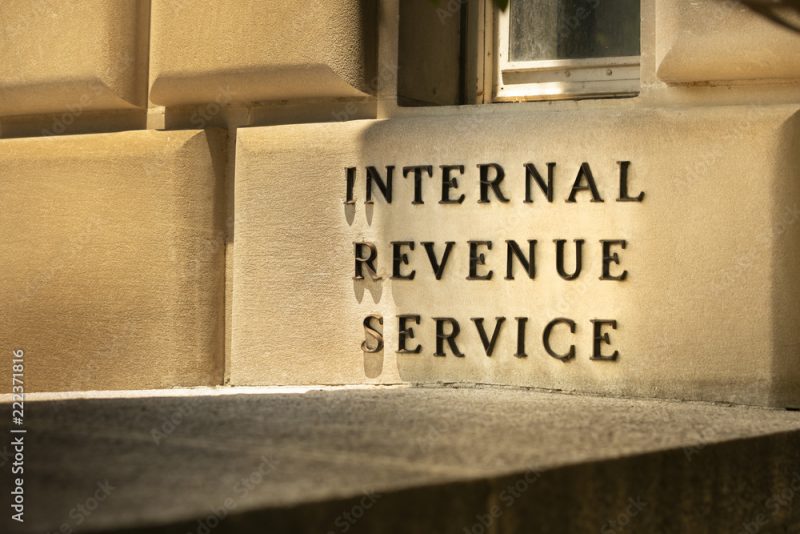The Internal Revenue Service (IRS) is preparing to eliminate Korean and other non-English language services in response to President Donald Trump’s executive order declaring English the official language of the United States.
According to the Washington Post, which cited sources familiar with the administration, the federal government plans to phase out multilingual services for minority communities, starting with the IRS.
This move is expected to become one of the most visible rollbacks in federal service accessibility since the order was issued. Some nonprofit groups have expressed concern that the decision could reduce critical access to services for immigrant communities.
On July 14, Pam Bondi, the U.S. Attorney General, sent a directive to all federal agencies, instructing them to “eliminate unnecessary multilingual services” and redirect those resources into English language acquisition programs.
Currently, the IRS provides tax-related information in seven foreign languages, including Korean, on its website. It also offers phone and in-person interpretation services, maintains a multilingual homepage, and operates a Spanish-language social media channel.
If implemented, the policy could create serious challenges for immigrants and seniors who are not fluent in English, making it more difficult to file taxes, make payments, or access consultation services.
BY BRIAN CHOI [choi.inseong@koreadaily.com]

![From Pulpit to Motorcade: How a Mega-Church Pastor Turned LAX Into His Personal Red Carpet Men in suits are directing traffic on the roadway in front of the Tom Bradley International Terminal at Los Angeles International Airport. Rev. Younghoon Lee is stepping out of a stopped vehicle. [Instagram capture from @joy.of.everything]](https://www.koreadailyus.com/wp-content/uploads/2026/02/0206-pastor-2-100x70.jpg)


